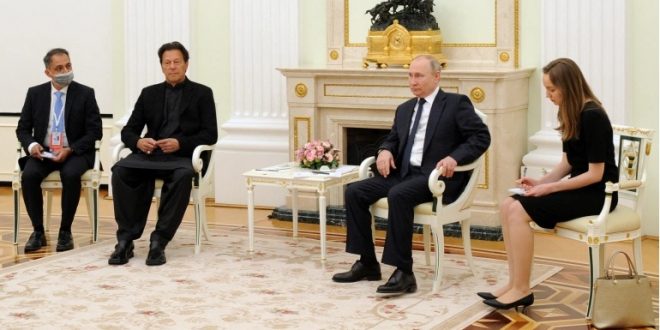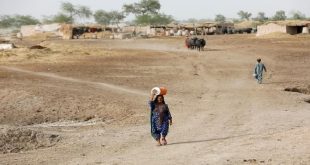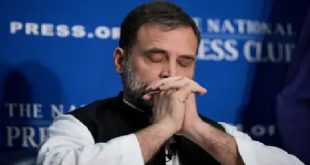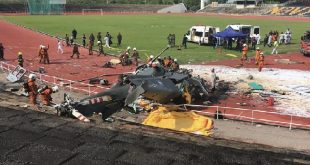28-02-2022
Bureau Report + Agencies
KYIV/ NEW DELHI/ PAKISTAN: India and Pakistan have both emphasized the importance of de-escalation in Ukraine following Russia’s invasion, while carefully avoiding ascribing responsibility for the violence, with the nuclear-armed South Asian neighbors attempting to walk differing diplomatic high-wires, analysts say.
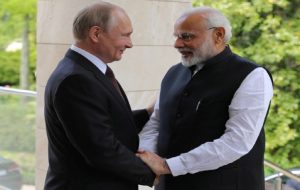 On Sunday, Pakistani foreign minister Shah Mahmood Qureshi spoke via telephone with his Ukrainian counterpart, Dmytro Kuleba, reiterating Pakistan’s call for a cessation of hostilities.
On Sunday, Pakistani foreign minister Shah Mahmood Qureshi spoke via telephone with his Ukrainian counterpart, Dmytro Kuleba, reiterating Pakistan’s call for a cessation of hostilities.
The language of Pakistan’s statements on the crisis has been similar to that of India’s at the United Nations Security Council (UNSC) and in telephone conversations between Indian Prime Minister Narendra Modi and the Russian and Ukrainian leadership.
On Saturday, Modi spoke with Ukrainian President Volodymyr Zelenskyy, stressing the need to end the violence without ascribing responsibility for it.
“(Modi) reiterated his call for an immediate cessation of violence and a return to dialogue, and expressed India’s willingness to contribute in any way towards peace efforts,” read an Indian foreign ministry statement following the call.
Two days earlier, on the day Russia invaded Ukraine, Modi spoke with Russian President Vladimir Putin using similar language.
“Prime Minister (Modi) reiterated his longstanding conviction that the differences between Russia 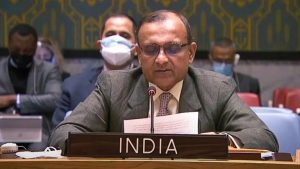 and the NATO group can only be resolved through honest and sincere dialogue,” read an Indian statement.
and the NATO group can only be resolved through honest and sincere dialogue,” read an Indian statement.
“(Modi) appealed for an immediate cessation of violence, and called for concerted efforts from all sides to return to the path of diplomatic negotiations and dialogue.”
At the UNSC, India abstained from a vote on a resolution that would have “deplored” Russia’s actions in Ukraine.
On Thursday, Pakistan’s Prime Minister Imran Khan was in Moscow for talks with President Putin on a major gas pipeline deal and regional issues, including Afghanistan.
The Russian statement on that meeting was brief, making no mention of Ukraine, while PM Khan’s office took a guarded approach to broaching the subject of the invasion, saying Pakistan “regretted” the current situation.
“Prime Minister (Khan) stressed that conflict was not in anyone’s interest, and that the developing countries were always hit the hardest economically in case of conflict,” said the Pakistani statement.
 “He underlined Pakistan’s belief that disputes should be resolved through dialogue and diplomacy.”
“He underlined Pakistan’s belief that disputes should be resolved through dialogue and diplomacy.”
So, why all the apparent equivocating?
India’s longstanding ties with Russia
India and Russia have had warm ties for decades, which analysts say are mainly due to Russian arms exports to the South Asian country as well as other areas of cooperation.
India has also developed much closer ties with the United States in recent years, evidenced by India’s in the US’s Asia-Pacific “Quad” defence alliance aimed at countering China.
According to the Stockholm International Peace Research Institute (SIPRI), an estimated 23 percent of all Russian arms exports since 2016 to 2020 went to India, accounting for 49 percent of all Indian arms imports in the same period.
In December 2021, India said it had begun to receive deliveries of the Russian S-400 ground-to-air missile defence system, following a visit that month by President Putin to New Delhi.
 Pressmediaofindia
Pressmediaofindia
